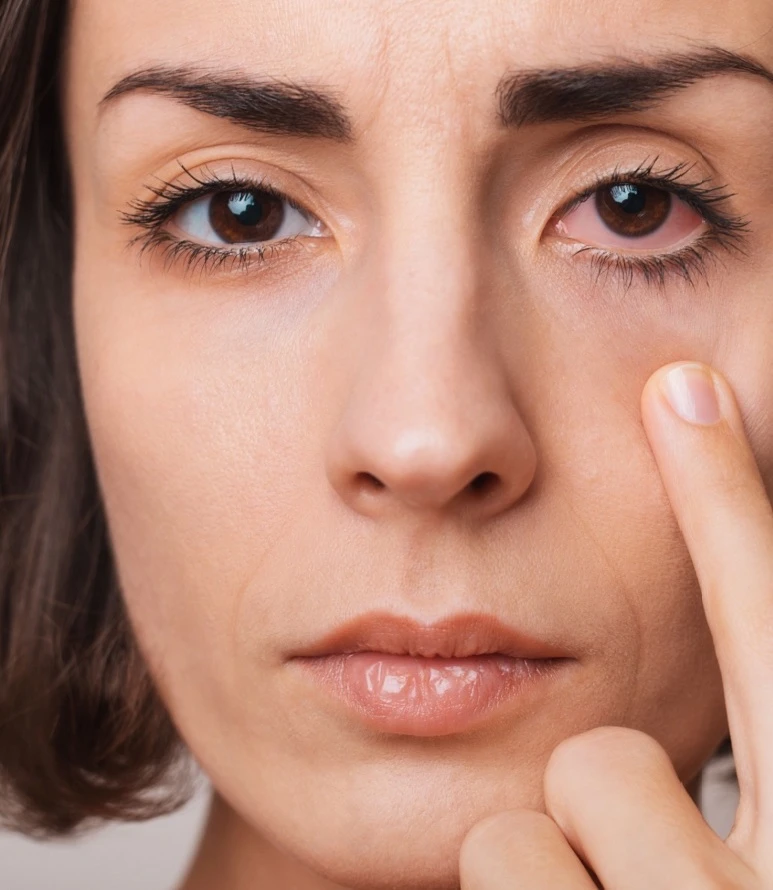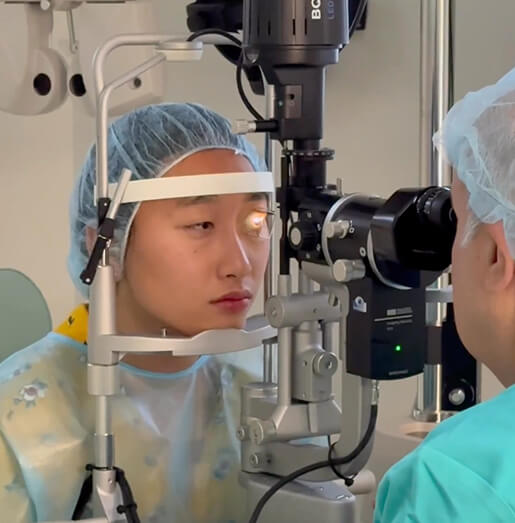“I could not have asked for better results or a better team.”
I got my ICL surgery with Dr. Khosrof about two months ago and had a great experience! In both the success of my procedure and the pre/post operative care I received, I could not have asked for better results or a better team <3




